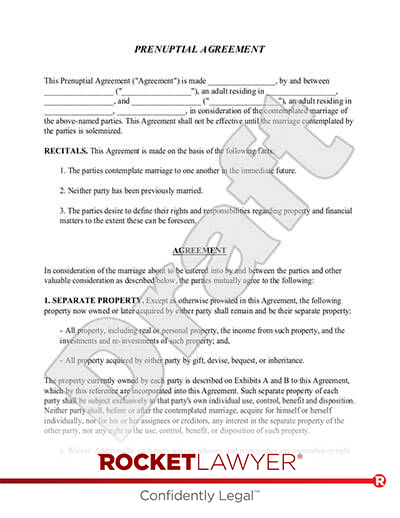For example, if you return to single status after being married (after an annulment, divorce or the death of a spouse), your income might decrease, and you could become eligible for programs which you weren't eligible for previously. If you get married and your spouse has a higher income, you may be found ineligible for a program for which you were previously eligible. Also consider that these calculations generally take into account the number of people in your household, with the income threshold increasing by each person in the household, so the additional person in your household might off-set the additional income. Note that for some programs, marital status matters less than the number of people in the household, and 'household' is defined differently across various programs.
Note that there may be other factors that come into play as well, like how much money you have on hand. In any case, be aware that changes to the number of people considered as part of your household might cause changes in your eligibility for these programs, and it's best to talk to your social worker or case manager to find out the implications of any changes that might be on the horizon.
Please note: This page offers general legal information, not but not legal advice tailored for your specific legal situation. Rocket Lawyer Incorporated isn't a law firm or a substitute for one. For further information on this topic, you can Ask a Legal Pro.
